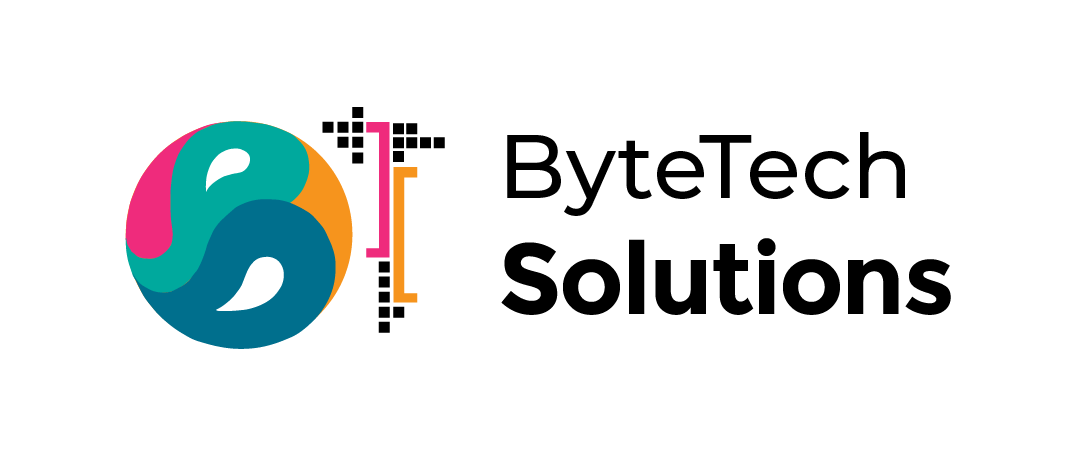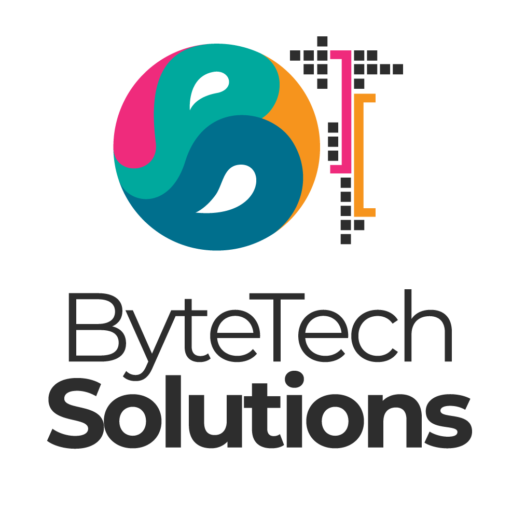
Is Your Business Stuck in the “Software Struggle Zone”?
In today’s fast-paced digital era, businesses must evolve with technology or risk falling behind. Off-the-shelf software, while initially appealing, often becomes a bottleneck as industries undergo rapid transformation. Discover the 5 critical signs your business needs custom software—and how tailored solutions empower you to streamline operations, boost customer engagement, and dominate your market.
1. Outpaced by Technology: Is Your Current Software Holding You Back?
Key Challenges with Off-the-Shelf Solutions:
- Limited Scalability: Pre-built tools like Salesforce or QuickBooks often lack APIs to support niche integrations, creating data silos as your business grows.
- Integration Roadblocks: A 2023 Gartner report found that 67% of enterprises struggle with legacy systems that can’t connect to AI, IoT, or automation tools.
- Vendor Lock-In: Dependency on third-party providers for updates slows innovation.
The Custom Software Advantage:
Custom solutions are built to adapt. For example, healthcare providers use HIPAA-compliant CRMs, while e-commerce brands deploy real-time inventory systems for global warehouses. Agile development ensures your software evolves with trends like AI and machine learning. Competitors like Netflix and Amazon use custom algorithms to stay ahead—generic tools can’t match this agility.
2. Efficiency is Lagging: Are Manual Processes Slowing Your Team Down?
Common Pitfalls of Generic Tools:
- Redundant Processes: Employees waste 3+ hours daily on manual tasks, costing businesses $1.3 trillion/year (Deloitte).
- Fragmented Data Management: Disparate systems force teams to re-enter data, increasing errors.
- Limited Automation: Off-the-shelf software can’t automate complex workflows like custom ERPs.
How Custom Software Enhances Efficiency:
Tailored solutions automate invoicing, customer onboarding, and supply chains. Toyota reduced order processing time by 40% with a custom ERP.
3. Customer Engagement Struggles: Is Your Customer Experience Falling Short?
Issues with Conventional Methods:
- Limited Personalization: 71% of customers feel frustrated by generic interactions (McKinsey).
- Inefficient Multi-Channel Integration: Off-the-shelf tools like HubSpot often fail to unify social media, chatbots, and mobile apps.
- Data Silos: Fragmented data prevents a 360° view of customer behaviour.
Empowering Engagement with Tailored Solutions:
Custom CRMs unify purchase history, support tickets, and social data to drive hyper-personalization. Starbucks’ rewards app boosted retention by 75% using real-time insights. Embed AI tools like ChatGPT-4 to slash response times by 90%. Competitors prioritize omnichannel strategies—custom software lets you do the same.
4. Drowning in Data: Can Your Current Tools Manage Data Overload?
Challenges with Off-the-Shelf Data Management:
- Inefficient Processing: By 2025, global data will hit 181 zettabytes (Statista), but 65% of businesses can’t analyze it effectively (IDC).
- Poor BI Integration: Generic tools lack compatibility with advanced analytics platforms.
- Security Risks: Off-the-shelf systems often fail GDPR/CCPA compliance.
Custom Software for Data Mastery:
Real-time dashboards track KPIs like CAC and inventory turnover. Walmart reduced stockouts by 30% with custom analytics. Machine learning models, like Siemens’ predictive maintenance tools, save $200k/year. Custom encryption ensures compliance, while Airbnb’s data engine processes 1+ petabyte daily to optimize pricing.
5. Generic Software Limitations: Are One-Size-Fits-All Solutions Cramping Your Needs?
Drawbacks of Generic Platforms:
- Lack of Customization: 72% of users abandon tools due to rigid features (Salesforce).
- Inflexible Workflows: Shopify can’t support B2B wholesale; Zendesk lacks AI ticket routing.
- Higher Long-Term Costs: Workarounds and upgrades drain resources.
Unlocking Potential with Bespoke Software:
Tailor solutions to niche needs, like subscription logistics for meal kits or dynamic pricing for events. Spotify updates its app multiple times each week for agility. While initial costs range from
50k–
50k–250k, businesses achieve approx $18,000/year/employee savings via automation (Forrester).
How ByteTech Solutions Transforms Your Business
At ByteTech Solutions, we don’t just write code—we engineer growth. Whether you’re facing technological stagnation, inefficiencies, or data overload, a tailored approach can set you on the path to sustainable growth. Our process includes:
Post-Launch Support: Offer analytics-driven optimizations and 24/7 maintenance.
Discovery Workshops: Identify bottlenecks through stakeholder interviews and workflow mapping.
Modular Architecture: Build scalable solutions using microservices and cloud-native tech (AWS/Azure).
One thought on “Is Your Business Stuck in the “Software Struggle Zone”?”
Add a Comment Cancel reply
All Categories
Recent Posts
Is Your Business Stuck in the “Software Struggle Zone”?
Attract and retain quality high paying customers
A day in the life of entrepreneur & ceo







Hi, this is a comment.
To get started with moderating, editing, and deleting comments, please visit the Comments screen in the dashboard.
Commenter avatars come from Gravatar.